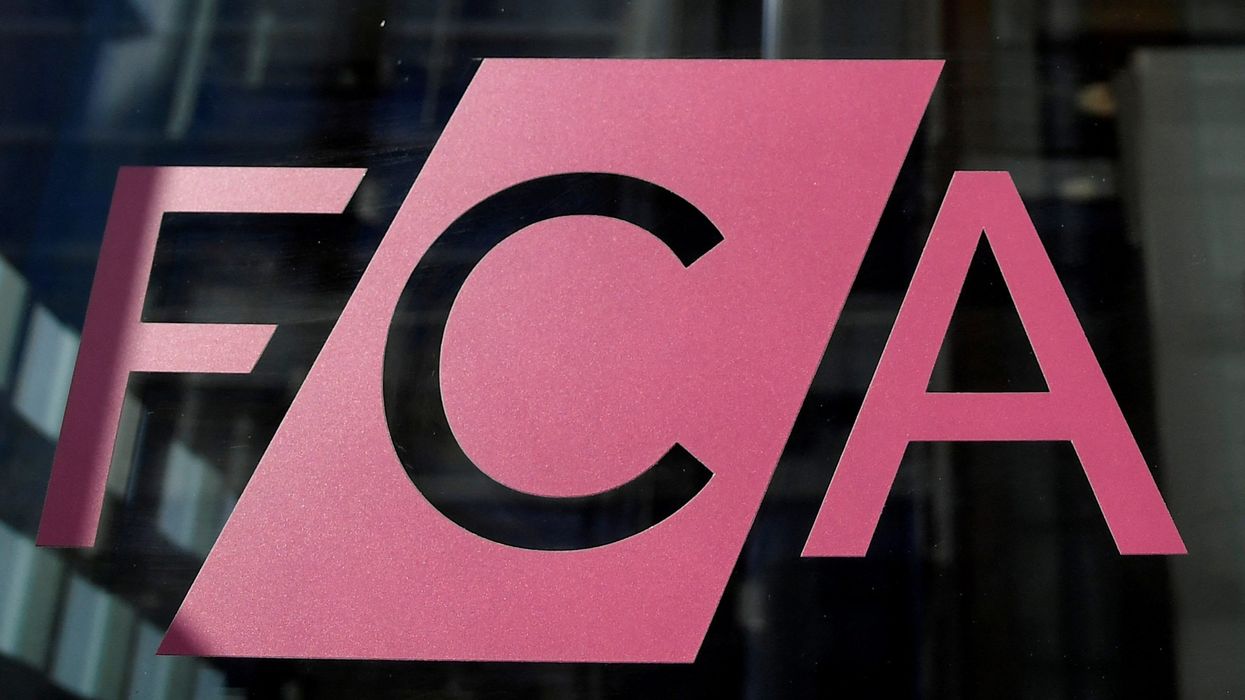THE Financial Conduct Authority (FCA) is expected to scale back its plans to publicly name companies under investigation, following criticism from four lawyers who said that a government and industry backlash has labelled the proposals as misjudged and harmful to London's competitive standing.
The anticipated decision by the markets regulator aims to address concerns over the controversial plans, which critics argue could cause undue and lasting harm to companies and the finance industry, a sector contributing over 10 per cent of UK tax revenues.
The FCA in February published proposals to publicly name some companies when investigations are opened in an effort to deter wrongdoing and encourage whistleblowing and transparency. But they met with unprecedented calls from trade bodies, lawyers and the Treasury to rethink or ditch the plans.
Legal sources, who declined to be named, say the FCA's co-head of enforcement, Therese Chambers, started rowing back almost immediately during a charm offensive with corporate clients at their law firms' offices around March.
Fielding "challenging questions", she made concessions to February's consultation paper that included a longer notice period than the proposed one day - or no notice at all - before an investigation is announced, one source said. However, without a route to appeal, that is unlikely to be enough, lawyers said.
Chambers was also open to taking account of firms' interests when applying a proposed, looser "public interest test" to naming corporate suspects. At present, companies under investigation are named only in "exceptional" circumstances.
"We all saw those as immediate concessions," the source said.
Since unveiling the proposal, the FCA has said its plans remain subject to discussions, but details on how it rowed back during industry meetings have not previously been reported.
"We have listened carefully and we're considering all the feedback that we've received as we decide on next steps," an FCA spokesperson said when asked about Chambers' meetings.
Bank of England governor Andrew Bailey, a former FCA CEO, is one of the few high-profile officials to back the plans. He said last month that a lengthy probe into unsuitable pension advice for former steelworkers demonstrated how consumers could be harmed if they were unaware of a regulatory inquiry.
And when asked by lawmakers why the FCA cannot use existing rules to name companies in exceptional circumstances, FCA CEO Nikhil Rathi said investment fraud was "sadly ... not exceptional".
However, Chambers and her joint enforcement head Steve Smart told lawmakers in a public letter last month that there might be value in potential alternatives, such as publishing anonymised new investigations in the FCA's "enforcement watch" newsletter.
Rathi told a parliamentary hearing in May that the regulator would take "several months" to consider feedback before publishing a final policy.
Some lawyers say the FCA's aims are laudable, but that the original proposals allow the regulator too broad a discretion when publishing details of investigations - and offer scant due process.
Finance minister Jeremy Hunt, trade bodies and some lawyers say that investment in London is at risk if companies are publicly shamed before evidence is gathered, when 65 per cent of FCA investigations end without action.
"Our clients are unanimously opposed to these proposals," said Thomas Donegan, a partner at law firm A&O Shearman, who did not meet with the FCA.
He said many investigations involve isolated incidents that put neither consumers nor investors at risk. "There is no public interest in disclosing run-of-the-mill investigations like these until they have run their course," he added.
Read Also: Cillian Murphy reprises his role in Peaky Blinders film
Laura Bridgewater, a partner at law firm Macfarlanes, said even watered-down proposals deserved a fresh consultation and a cost-benefit analysis.
The row tests the mettle of a relatively new FCA leadership team, which is being accused of sidelining a mandatory remit to boost London's global financial competitiveness as it squares off against rivals, such as New York, Amsterdam, Paris and Frankfurt to attract new stock market listings.
"The deterrence effect of this proposal is not evidence-based and risks diminishing the UK's attractiveness as a leading international financial centre," said Miles Celic, CEO of TheCityUK, which promotes the UK financial sector globally.
(Reuters)





